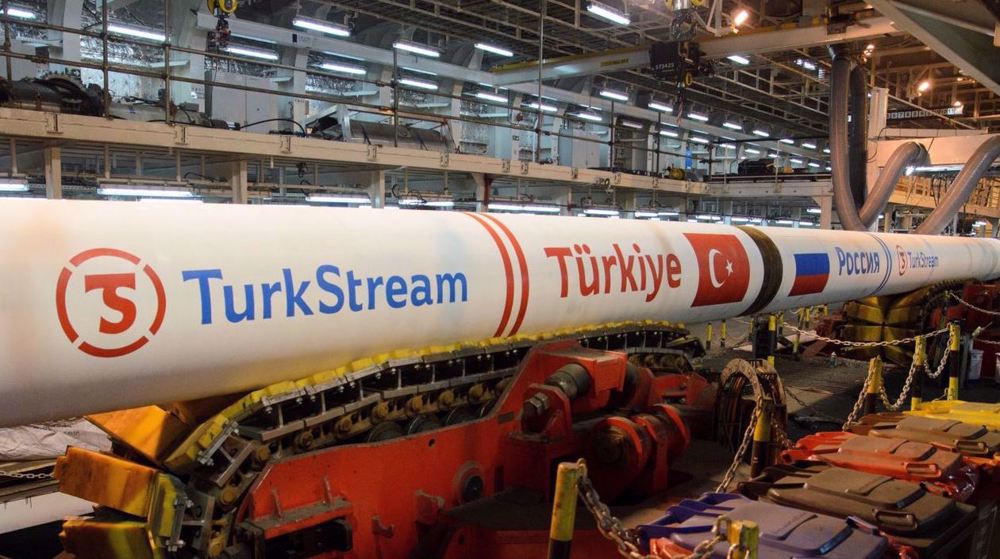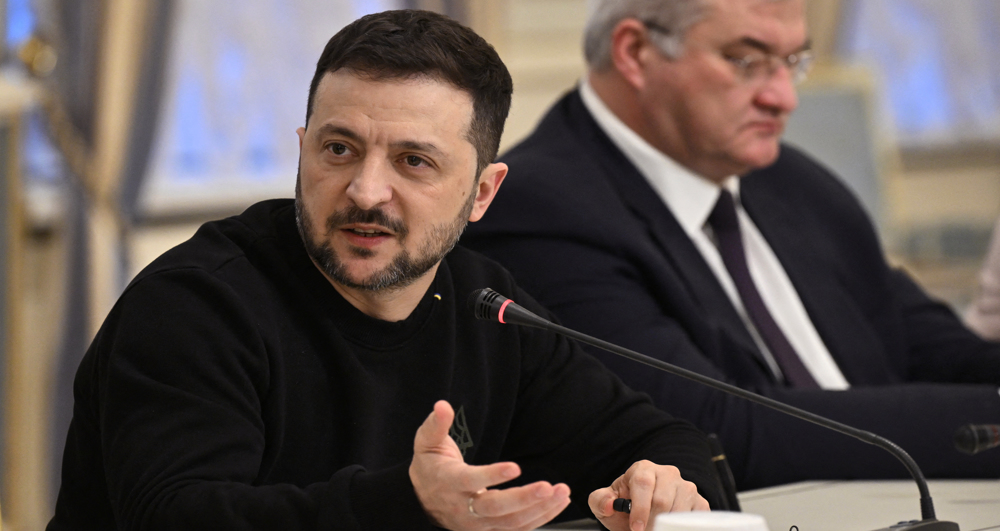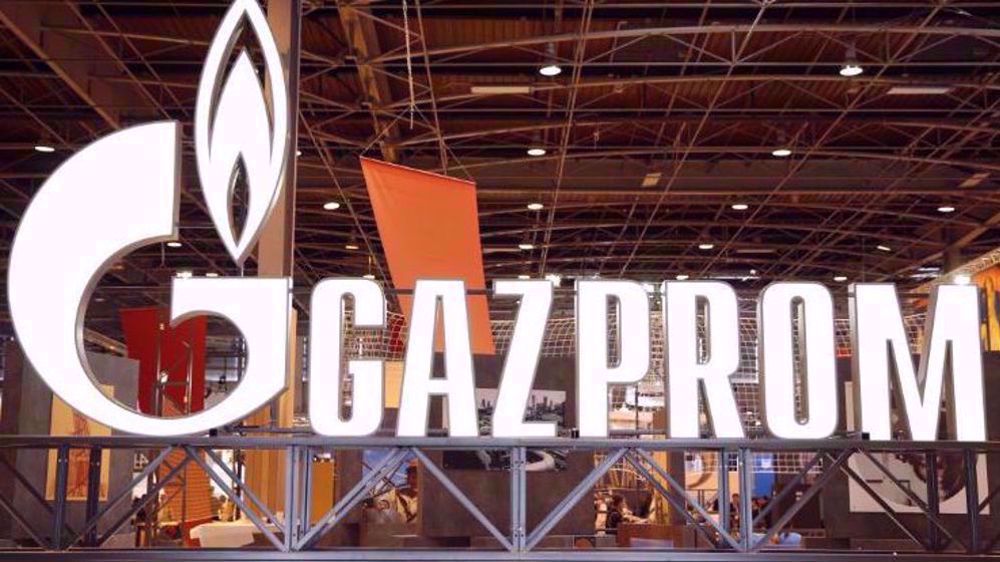Russia, allies agree to form joint task force to defend borders
Russia and a number of ex-Soviet countries in Central Asia agree to form a joint task force to defend their borders at the times of crisis.
The decision was made at a meeting of the Commonwealth of Independent States (CIS) regional organization, which groups former Soviet republics, in Kazakhstan on Friday.
The countries include Russia, Kazakhstan, Kyrgyzstan, Armenia, Azerbaijan, Belarus, Moldova, Tajikistan, and Uzbekistan.
Addressing the event, Russian President Vladimir Putin warned of a possible militant incursion from Afghanistan, calling on the CIS to be prepared to act together to repel such attacks.
“Indeed, the situation [in Afghanistan] is close to becoming critical. The terrorists of all sorts are gaining an ever-growing influence and are not hiding their plans of further expansion,” he said. “One of their goals is to penetrate the Central Asian region. It is important for us to be ready to give a coordinated response to such a scenario.”
The United States and its allies invaded Afghanistan in October 2001 as part of Washington’s so-called war on terror. Violence, however, continues to plague the country despite the current presence there of thousands of foreign forces.
Putin’s remarks came a day after US President Barack Obama announced plans to keep about 9,800 American troops in Afghanistan through most of the next year.
Binary oppositions
The Russian head of state also expressed satisfaction with the results of the Russian airstrikes against targets belonging to the Takfiri Daesh terror group in Syria.
Syria has been grappling with a deadly crisis since 2011, which has claimed the lives of more than 250,000 people so far. The Syrian army’s fight against terrorists took a new turn after Russia started launching airstrikes against Takfiri terrorists in the violence-scarred country upon a request by Damascus on September 30.
Just as the formation of the task force by Russia and its allies is almost certain to be interpreted as a counterbalance to the Western military alliance of NATO, the Russian airstrikes in Syria are also being conducted in parallel to a US-led military campaign in the Arab country.
The US-led coalition has been pounding purported Daesh positions inside Syria without any authorization from Damascus or a United Nations mandate since last September. The mission has fallen severely short of dislodging the terrorists, who have seized about a third of the violence-scarred country.
In his Friday remarks, Putin also called on the countries interested in securing a solution to the Syrian crisis to cooperate with the Baghdad information center, which the country established together with Iran, Iraq, and Syria in late September as part of their efforts to fight terrorist groups operating in the Middle East, particularly Daesh.

A Western alliance for no reason
NATO came about in 1949 following World War II and during the Cold War under the pretext of protecting its member states against an alleged threat posed by the former Soviet Union. It has, however, continued to exist despite the collapse of the Union in December 1991, which effectively robbed the alliance of its raison d’etre.
NATO has continued to expand and militarize many parts of the world since then.
‘Intelligent Russia’
Speaking to Press TV from Kentucky, political commentator John Miranda shared his views on the rationale behind the potential formation now of such a task force by Russia and its allies.
“I think the purpose of this is that Putin is showing that how intelligent he is. He is obviously aware that there can be repercussions to the Russian involvement in Syria. And the terrorist groups, who have been funded by the West in Syria… Obviously, there could be a push to put some of these groups into neighboring… countries,” he said.
“Without pointing the finger at the West, he is telling everybody to be prepared…[and that] ‘The same type of infiltration that has happened in Syria can happen in your countries, so we need to make sure that the borders are secure, that these infiltrators are not getting into your countries.’”
“As big as the Russian military is, it is not big enough to be handling a crisis similar to [the one] in Syria in half a dozen countries,” Miranda said, hence the joint task force.
Araghchi: Iran never left negotiation table as its nuclear program ‘peaceful’
Jan. 14: ‘Axis of Resistance’ operations against Israeli occupation
VIDEO | UNRWA’s financial crisis deepens amid support cuts
South Korean President Yoon arrested over failed martial law bid
VIDEO | Press TV's news headlines
US budget deficit surges to record $711 billion
VIDEO | Yemeni army conducts three attacks against Israel within 12 hours
VIDEO | Gaza’s kidney patients face imminent death amid lack of fuel










 This makes it easy to access the Press TV website
This makes it easy to access the Press TV website